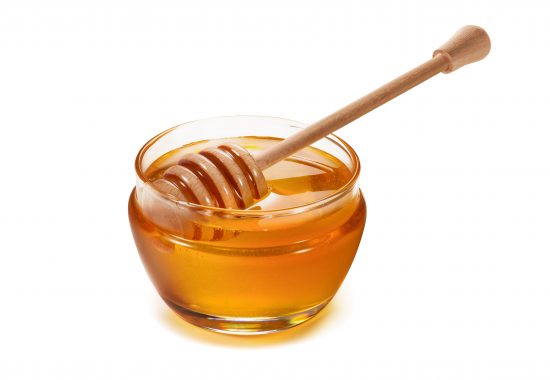New research has found that honey is ‘more effective’ than ‘usual’ treatments such as antibiotics to treat symptoms of upper respiratory tract infections (URTIs).
It follows a 2018 draft NICE guideline that said GPs should recommend honey, herbal remedies and cough medicines as first-line treatment for acute cough.
The new study, published today in the BMJ Evidence-Based Medicine journal, concluded that honey is a ‘reasonable alternative’ to antibiotics and other treatments for URTI symptoms such as cough, sore throat and congestion.
Researchers at the Nuffield Department of Primary Care Health Sciences and the Oxford University Medical School conducted a systematic review of 1,345 unique records and 14 clinical trials on honey’s efficacy as a treatment for URTI symptoms in patients of all ages in any setting.
Honey was found to result in a ‘significantly greater’ reduction in cough frequency and severity as well as ‘combined symptom score’, compared with ‘usual care’, the study said.
It added: ‘Honey is more effective and less harmful than usual care alternatives and avoids causing harm through antimicrobial resistance.’
The researchers recommended honey as a ‘widely-available’ and cheap alternative for GPs who ‘wish to prescribe for URTI’ but are faced with ‘very few effective options’.
They added: ‘Research shows that most usual care therapies produce no, or relatively small, improvements in URTI symptoms.
‘Given that a lack of alternative therapies and a desire to preserve the patient–doctor relationship are two key contributors to antibiotic over-prescription by general practitioners, our finding that honey may be effective is important in the clinical context: honey is a reasonable alternative.’
However, the study found that comparisons with placebos are ‘more limited’ and more high-quality controlled trials are needed to investigate this.
The Government has been pursuing a drive to ensure GPs avoid unnecessary antibiotic prescribing in a bid to control antimicrobial resistance by 2040 – which has already resulted in a 17% drop in GP antibiotic prescribing since 2014.
Pulse voluntary donation scheme
Since the outbreak of this pandemic, Pulse has strived to support you, whether it be through our resources page, our ‘Clinical Crises’ series, holding policymakers to account with exclusives such as practices being supplied with faulty masks, or GPs being told to stop routine services in the hardest hit areas.
However, good journalism cannot be done on the cheap and, like the whole publishing industry, we have been affected by the economic slowdown. We also strongly believe the content we produce should remain free as we feel it is essential for you. Because of this, we have set up a voluntary donation scheme. There is no compulsion whatsoever to donate. But if you feel we are helping you, and you would like to support us, anything you can spare would be greatly appreciated. Read more here.
Pulse October survey
Take our July 2025 survey to potentially win £1.000 worth of tokens

Visit Pulse Reference for details on 140 symptoms, including easily searchable symptoms and categories, offering you a free platform to check symptoms and receive potential diagnoses during consultations.











